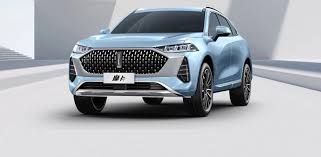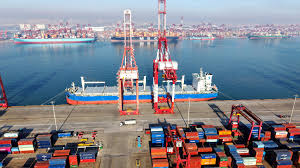Brussels is concerned that Beijing’s export subsidies are harming domestic automakers, so the European Union agreed on Wednesday to increase duties on Chinese electric vehicles.
The EU’s executive branch, the European Commission, announced that it will impose temporary tariffs that would subject Chinese automakers to additional levies of up to 38%, from the existing 10%.
The commission stated that to “explore possible ways to resolve the issues” and share the results of its inquiry into the subsidies, it contacted Chinese officials.
According to a press release from the commission, the higher charges would go into force temporarily on July 4 “should discussions with Chinese authorities not lead to an effective solution.”
In a larger trade spat over what Brussels claims is China’s unfair state subsidy for green tech exports, including solar panels, batteries, and wind turbines, electric automobiles are the latest flashpoint.
EV imports from China into the European Union have increased dramatically in recent years. Among them are automobiles from Western manufacturers, such as Tesla and BMW, which operate factories in China.
However, EU officials gripe that Beijing’s hefty subsidies are helping Chinese automakers like BYD and SAIC gain market share and undercut European car brands on price.
China’s battery electric vehicle value chain “benefits from unfair subsidization, which is causing a threat of economic injury to EU BEV producers,” according to the commission, which said it launched a probe into China’s EV subsidies last year.
Company-specific additional tariffs would apply. There would be an extra 17.4% fee for BYD. The owner of Volvo in Sweden, Geely, would receive an additional 20%. It would be 38.1% more for SAIC.
Laptops 1000Speaking at a daily briefing, Lin Jian, a spokesman for the Chinese Foreign Ministry, denounced the EU’s inquiry as “typical protectionism” and declared that Beijing will “take all necessary measures to protect our legitimate rights and interests.”
Major new duties were imposed by US President Joe Biden last month on Chinese electric cars, cutting-edge batteries, solar cells, steel, aluminum, and medical equipment.
According to Biden, Chinese government subsidies provide the country’s businesses an unfair advantage in international trade by preventing them from having to make a profit.

















